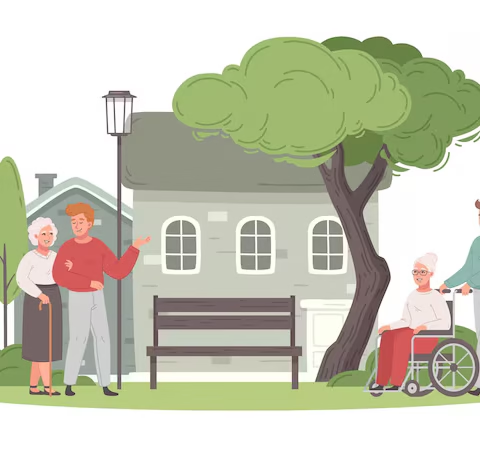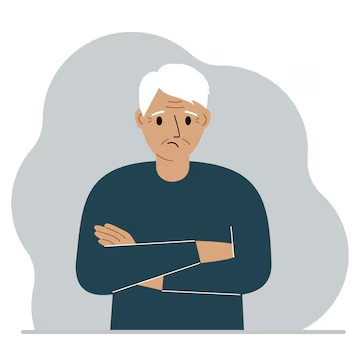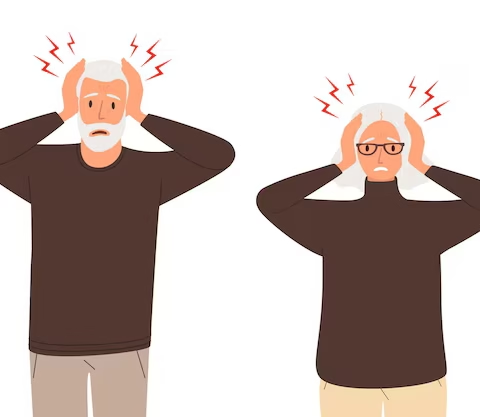
Institutional and Non-Institutional Living: 4 Important Types of Living Arrangement for the Elderly
Introduction Housing arrangements directly affect health, independence, emotional well-being, and the overall quality of life of the elderly. Broadly, these can be divided into Institutional and Non-Institutional Living options, such


